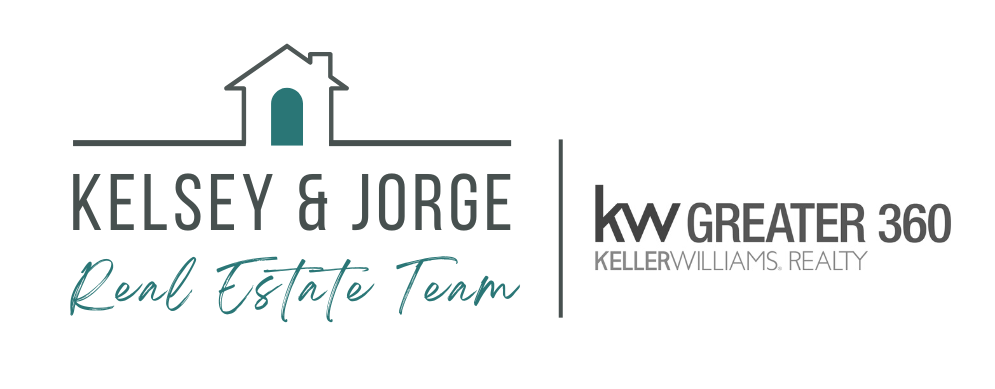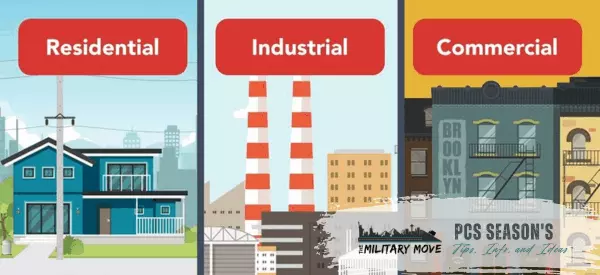- Homes $350K to $450K
- Homes $450K to $550K
- Homes $550K to $750K
- Homes $750K to $1M
- Homes $1M +
- Kitsap New Construction
- Condos in Kitsap
- North Kitsap School Homes
- Central Kitsap School Homes
- Bremerton School Homes
- South Kitsap School Homes
- Land in Kitsap
- Gig Harbor Homes
- Gig Harbor Condos
- Port Ludlow/ Port Hadlock and Marrowstone Island
- Bainbridge Island Homes
- Bainbridge Island Condos
- Bainbridge Island Land
OUR RECENTLY SOLD PROPERTIES
closed
$575,000
$575,000
3 Beds2.5 Baths2,320 SqFt1949 Malbec ST NW, Poulsbo, WA 98370
Single Family Home
MLS# 2459215
Listed by Keller Williams Greater 360

closed
$499,995
0.2%$499,000
4 Beds2.25 Baths1,987 SqFt2383 Yulan Walk, Bremerton, WA 98310
Single Family Home
MLS# 2442937
Listed by Windermere RE/Capitol Hill,Inc

closed
$507,777
$508,000
4 Beds2.5 Baths2,273 SqFt10323 White Deer PL NW, Silverdale, WA 98383
Single Family Home
MLS# 2455804
Listed by Keller Williams Greater 360

closed
$675,000
4.4%$645,000
3 Beds2.25 Baths2,672 SqFt8087 Lars DR NE, Bremerton, WA 98311
Single Family Home
MLS# 2377313
Listed by Keller Williams Realty Bothell

closed
$379,000
1.6%$385,000
2 Beds1 Bath1,424 SqFt810 Retsil RD E, Port Orchard, WA 98366
Single Family Home
MLS# 2442577
Listed by John L. Scott, Inc.

closed
$457,500
2.2%$447,500
4 Beds1.75 Baths1,412 SqFt4209 Westview DR, Bremerton, WA 98310
Single Family Home
MLS# 2428252
Listed by John L. Scott, Inc.

closed
$999,990
2.0%$979,900
3 Beds2.5 Baths4,294 SqFt3779 NE Wagon Wheel LN, Poulsbo, WA 98370
Single Family Home
MLS# 2388801
Listed by Keller Williams Greater 360

closed
$355,000
7.0%$330,000
3 Beds1 Bath1,289 SqFt22481 NE State Route 3, Belfair, WA 98528
Single Family Home
MLS# 2412429
Listed by Sterling Property Group















